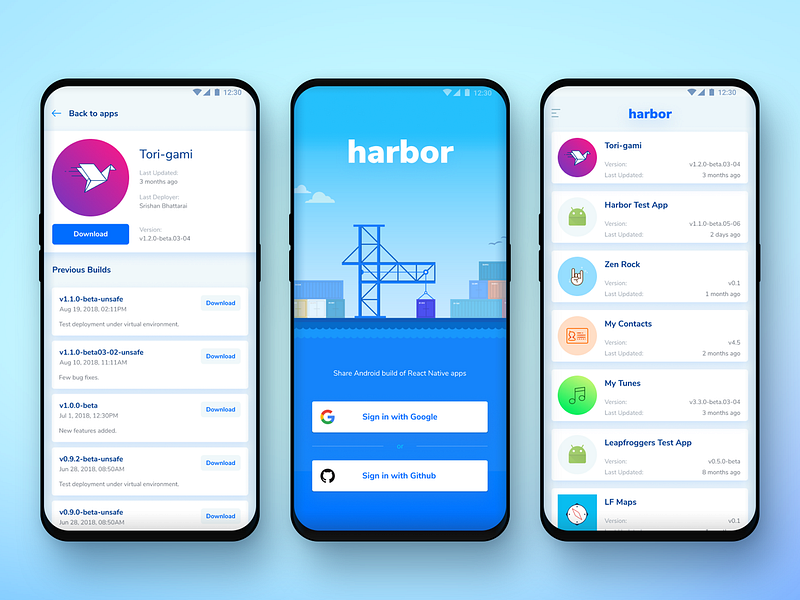7 must skill you need to be an Android Developer
Hey Guys for Your Career best choice ahead ..
Let's go Step by Step :
 |
Android Devloper |
Building Android applications requires a profound comprehension of programming and plan. When moving toward another innovation interestingly, it regularly assists with separating it into pieces. In case you're an accomplished web engineer, a considerable lot of the ideas and innovations engaged with Android application improvement will be comparable to things you definitely know – despite the fact that building applications for cell phones regularly requires dominance of various more nuanced ideas. Cell phones have more modest screens, more straightforward processors, and – on account of Android – various producers, implying that designers need to keep code adaptable and represent an assortment of UI situations.
So what does it take to turn into an Android engineer? We requested some from the most brilliant engineers locally – this is what you need to know..
1. JAVA
You compose Android applications in the Java programming language utilizing an IDE called Android Studio. Android Studio is an IDE planned explicitly for Android improvement.
2. Comprehension OF XML
XML was made as a standard method to encode information for web based applications. It is an organized markup language, imparting numerous highlights in like manner to HTML – you may perceive the calculated sections, the <opening> and </closing> label types, and the profound settling of components. So, it permits data to be passed between gadgets in a manner that can be seen reliably. In the Android world, engineers use XML to make formats that fill in as the central UI definition for Android applications. Engineers can likewise compose Java code that adjusts format components once the application is now running, similarly that web designers use JavaScript to alter the components in their site at runtime. In any case, dominating the fundamentals of XML is a significant ability for Android designers.
3. ANDROID SDK
SDK represents Software Development Kit, which, however it might evoke pictures of a satchel brimming with spy apparatuses, is in reality an extravagant name for a bunch of pre-bundled code. The Android SDKs are modules of Java code that give designers admittance to cell phone capacities like the camera and accelerometer. One key part of the Android SDK is a library called Gradle. Suppose that you need to incorporate a web-based media stage like Facebook with your application. You would download a code library (or SDK) from Facebook, and afterward reveal to Gradle that you're utilizing it, so when your application accumulates, your code remains efficient. New Android designers will invest a lot of their energy finding how the different SDKs for Android can be sorted out in various manners to assemble an application. While this will require some serious energy, every Android SDK accompanies numerous models that can be found in the authority documentation, making it straightforward what each bundle does and how to plug it into your application.
4. ANDROID STUDIO
The incorporated improvement climate (IDE) of decision for Android designers is called Android Studio. Android Studio is based on top of the all around regarded IntelliJ IDE, and it accompanies incredible out-of-the-crate support for large numbers of the most widely recognized Android SDKs. Android Studio additionally includes a considerable lot of the abilities designers expect of a full-highlighted IDE. Code finishing helps make auto-complete ideas as you type. Code debuggers let you venture through your code to distinguish the wellspring of blunders. There are significantly further developed devices like memory and CPU screens, assisting designers with ensuring their code will keep up superior on a cell phone. Android Studio is an absolute necessity have for both the fledgling and experienced Android engineer.
5. APIs
image source-google|https://www.startupmount.com/what-is-an-api/
6. Databases
image source-google| https://www.edx.org/
On the off chance that your application handles a lot of information, its greater part likely will not live on your gadget at some random time. All things considered, your application will probably interface with an information base living outside of your telephone. Cloud administrations like Firebase or Parse give basic APIs to store information in the cloud and make it accessible across gadgets. These stages additionally frequently give Java libraries that you can plug into your application, making it simple to reserve a portion of the information on the client's gadget. This synchronizing of information between neighborhood stockpiling and far off data set is significant on the off chance that you need to allow clients to utilize the application when they're disconnected. Another approach to store information locally is through Android's inherent help for utilizing SQL to interface with a SQLite data set. Anyway you decide to deal with information in your application, you'll need to investigate and see how data sets work, and the approaches to question that information to utilize it in your application.








0 Comments